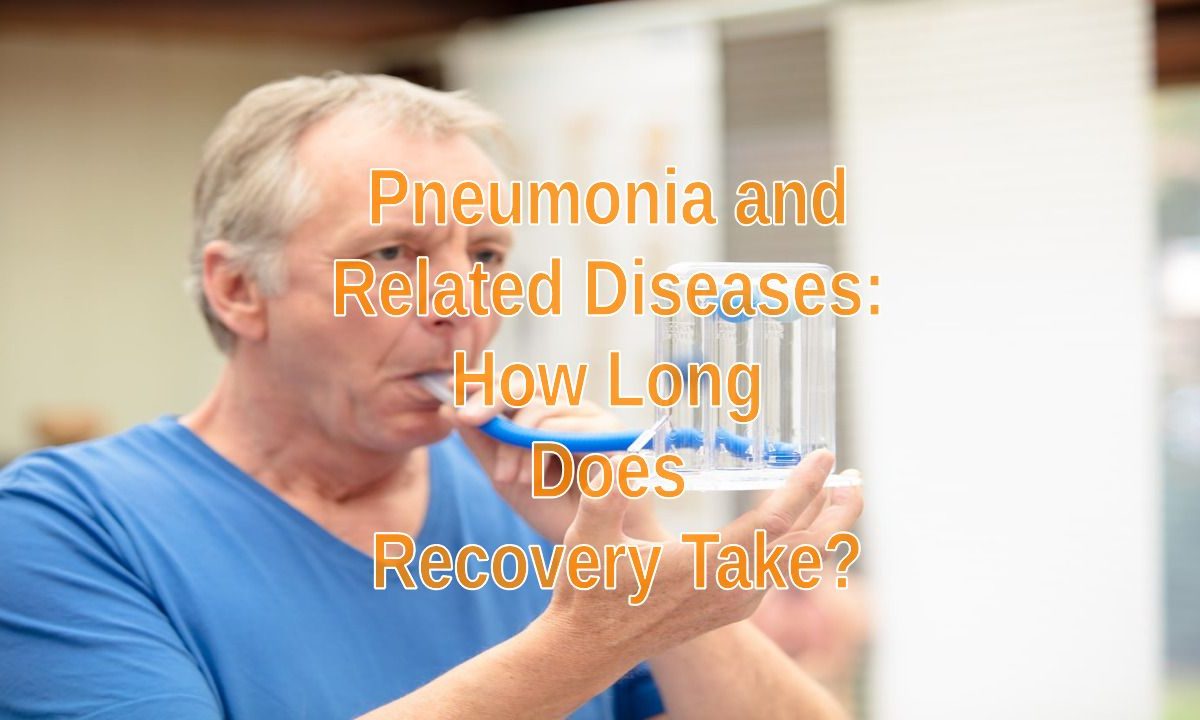A new coronavirus was first identified only in late 2019. Still, some people may take a long time to fully recover from the disease. Doctors say it takes two to eight weeks to recover, and a person will feel tired for a long time. Severe patients may take 12 to 18 months to recover.
The first symptoms
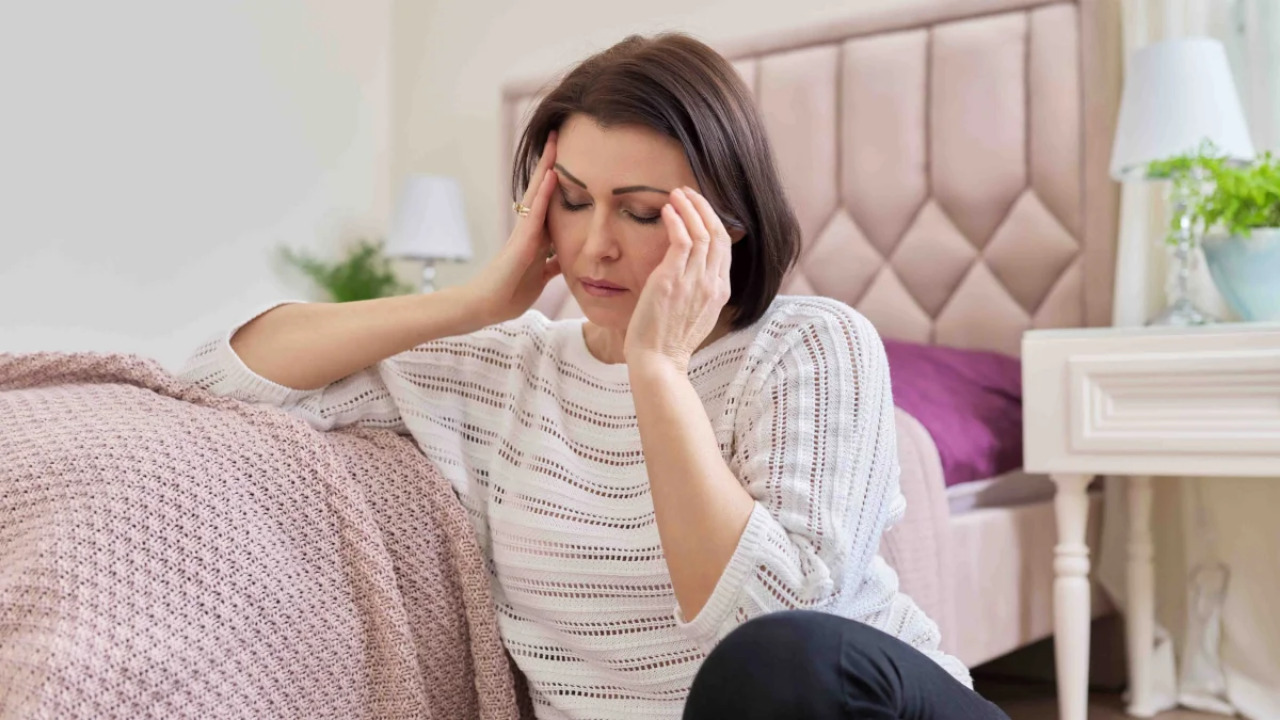
So-called “Covid” pneumonia develops in the lungs. During the disease, blood vessels, and connective tissue are affected, and inflammation and blood clots form. “Covid” pneumonia can be asymptomatic or with a striking clinical picture. FlowFlex Сovid-19 test is available to confirm the disease. Patients with mild COVID-19 have low fever, weakness, rarely cough, and no shortness of breath. In contrast, patients with the severe form have a fever or temperature, shortness of breath, cough, and their weakness increases.
How to ease a child’s fear before a medical test
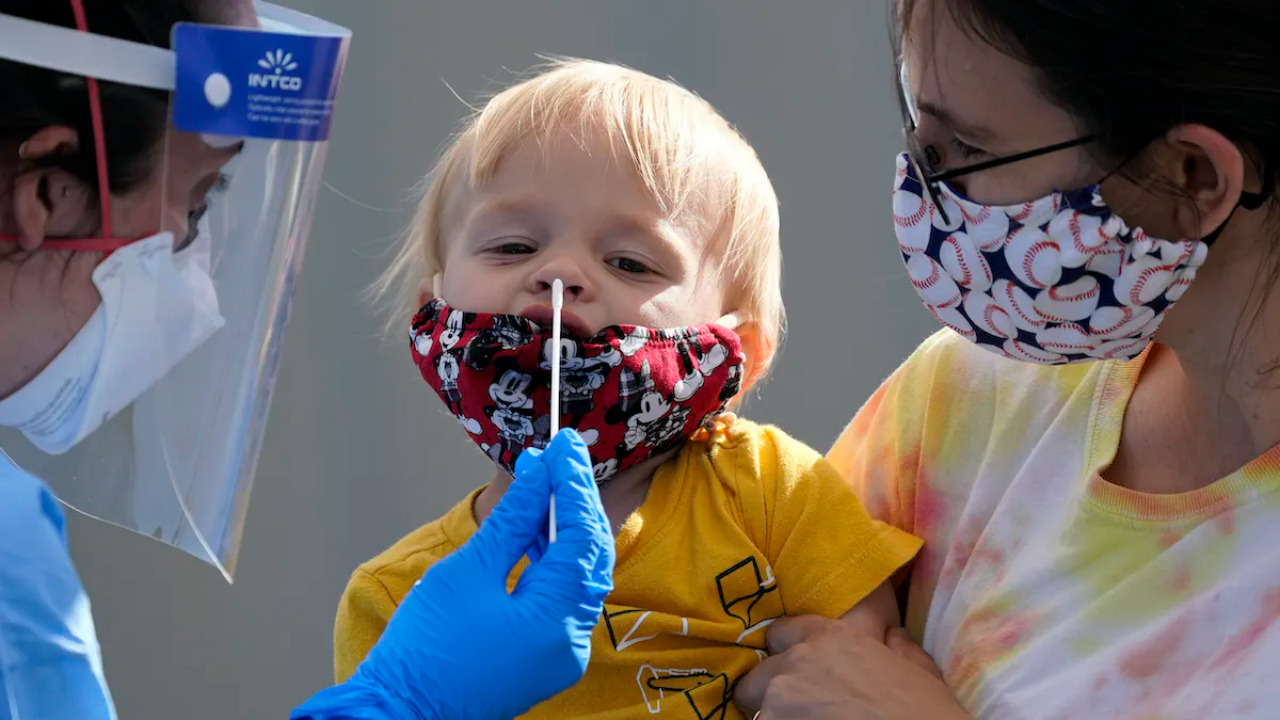
To ease a child’s fear before a medical test is not an easy task. The COVID-19 pandemic does not spare children, if not literally, then figuratively. They quickly closed kindergartens and schools, banned children from visiting elderly relatives, and virtually isolated them at home. When schools reopened, not everyone could share the joy. The feeling that children were being treated as guinea pigs did not leave many parents. This was especially noticeable during the first lockdowns.
Now, fortunately, the situation is better. But still, the problem remains: children’s fear of the “crown” worsens. In such cases, parents are advised to talk to their children more to alleviate fear and doubt, including before taking the COVID-19 test. It is important for adults to remain calm themselves because when parents experience fear, it is transmitted to their children. Sleep disturbances and digestion happen in children as a consequence of emotional distress and pandemic stress.
Who needs rehabilitation
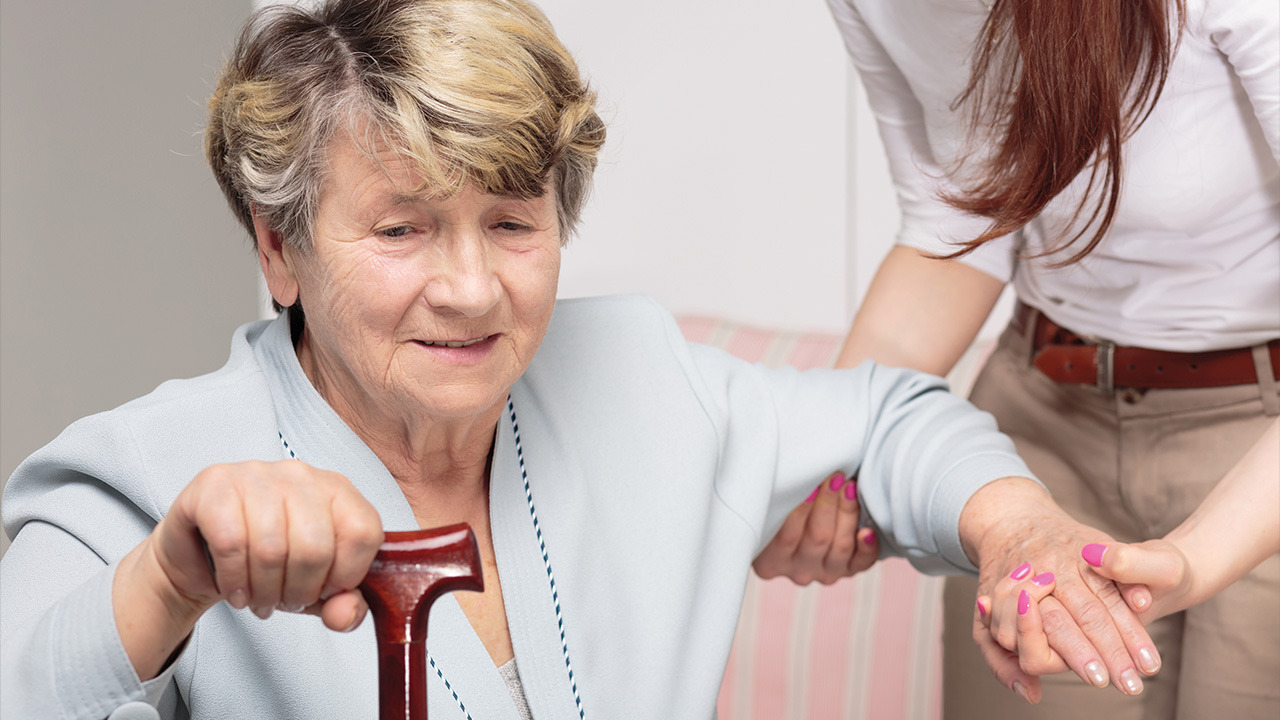
Covid can have the following consequences: impaired lung function, muscle weakness, impaired swallowing, voice and communication, mental health disorders, etc. Such conditions need rehabilitation. Pulmonary rehabilitation will be beneficial for patients with respiratory problems. Such rehabilitation will include a comprehensive therapy based on an individualized approach to each patient and a treatment definition. In addition, there will be training exercises and activities aimed at improving physical and psychological well-being.
Patients who are seriously ill
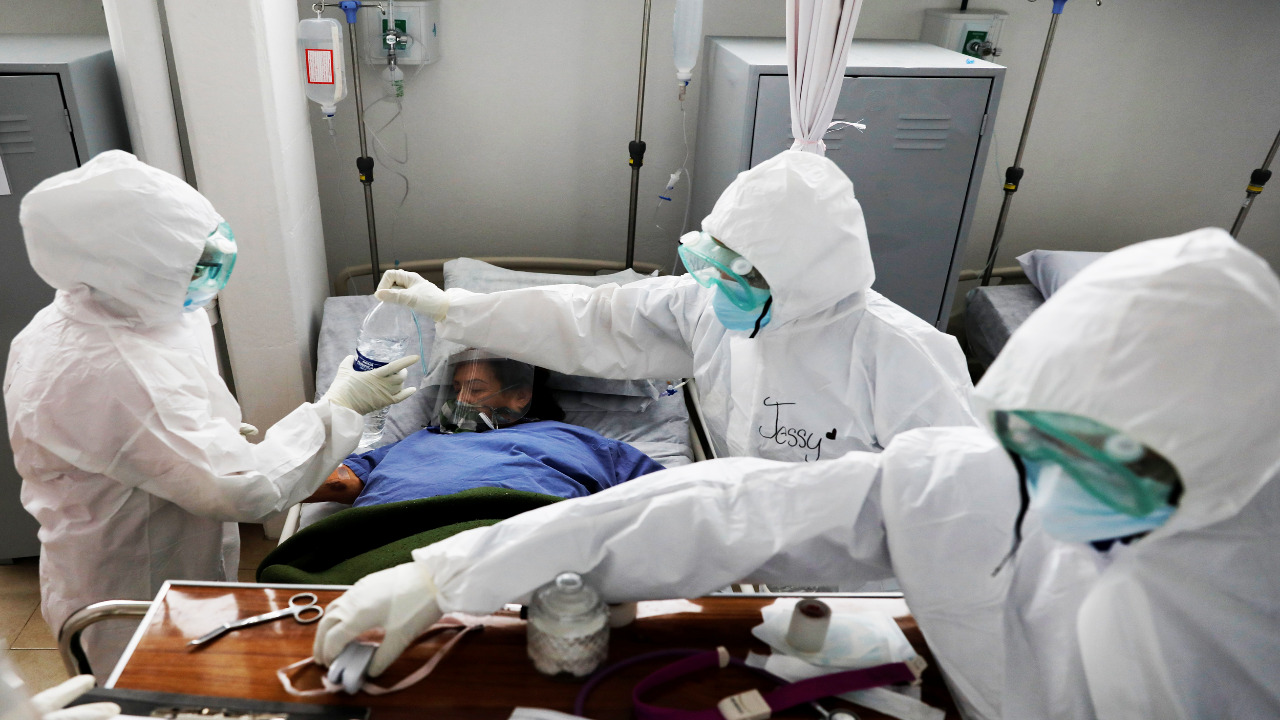
For patients with a severe course of coronavirus disease, rehabilitation during the acute period is extremely important. The need for rehabilitation for COVID patients is determined by the doctor individually for each case. Appointments differ depending on the characteristics of the course of the disease, the presence of comorbidities, and the recovery period. Patients with COVID-19 need rehabilitation both during their stay in the hospital and after discharge. The location of rehabilitation measures depends on the stage of the disease.
In the acute period of the disease, rehabilitation is carried out in the intensive and/or critical care unit/patient room. In the case of a prolonged course (from 4 to 12 weeks), in rehabilitation facilities, and in the post-discharge period (after 12 weeks), in rehabilitation facilities or at home

